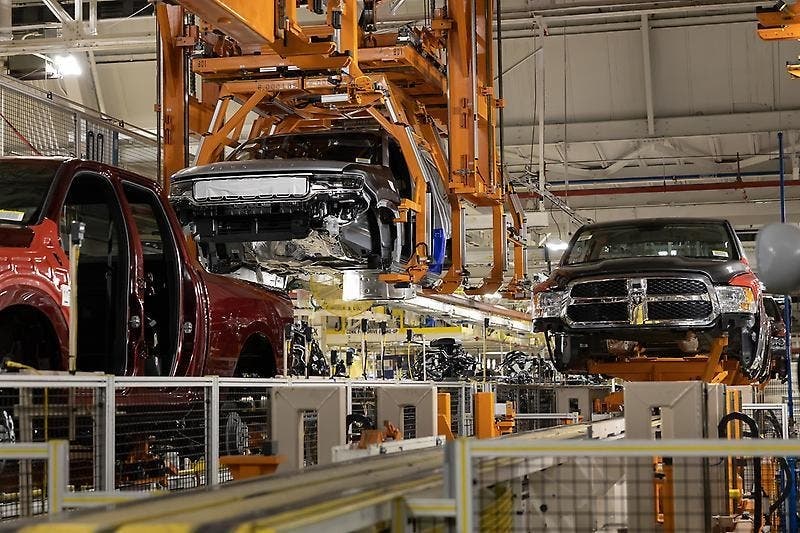Less than a month has passed since the start of mass layoffs at Stellantis’ Warren plant in Detroit, and the alarm bell has already rung loud and clear. These cuts represent only the beginning of a vast wave of staff reductions for the entire automotive sector in the coming months. Automakers, with the Stellantis group at the forefront, are indeed trying to offload the economic burden of the electric transition onto workers. The coming years will be marked by a massive series of layoffs and plant closures, much like what happened during the 2009 crisis. Once again, workers in the automotive sector will pay too high a price for yet another transformation, with inevitable and devastating social repercussions.
Stellantis: the Warren layoffs are just the beginning of the change in the American automotive sector

Returning to the specific case of the Warren plant, 2,450 jobs will be cut. Anyone hired after June 3, 2018, is at risk of being laid off. Meanwhile, the United Auto Workers (UAW) union is struggling to defend Stellantis employees, with promises of transfers to other plants that seem empty. It becomes increasingly unlikely that Stellantis will keep the Warren Truck plant operating with a single shift of 1,200 workers.
The plant, one of Stellantis’ oldest, has been repeatedly threatened with closure by company management. Additionally, Stellantis has denied the commitment to reopen the Belvidere plant by 2027 for the production of a new mid-size pickup. The alleged “salvation” of Belvidere had been praised by UAW union leadership as a great victory, but now there’s a risk that transferred and displaced workers will permanently lose their jobs.
A new meeting is expected to take place this week at the UAW Local 140 union headquarters, with the possible participation of President Shawn Fain. It seems that strike threats are not destined to materialize, remaining an unloaded weapon.

Meanwhile, as anticipated, layoffs are not only affecting Stellantis but also other automakers in Detroit and around the world. Some observers claim that Fain knew exactly what would happen with the approval of the labor contract with Stellantis. In this context, workers find themselves fighting on two fronts: the ruthless company management on one side, and the UAW bureaucracy on the other.
Slowed car sales and new impending cuts should unite workers even more determinedly. Stellantis, after all, has already suspended production of the Jeep Wrangler and Jeep Grand Cherokee in Toledo and Detroit due to a 21% drop in sales in the first six months of 2024. The chain reaction has begun.
